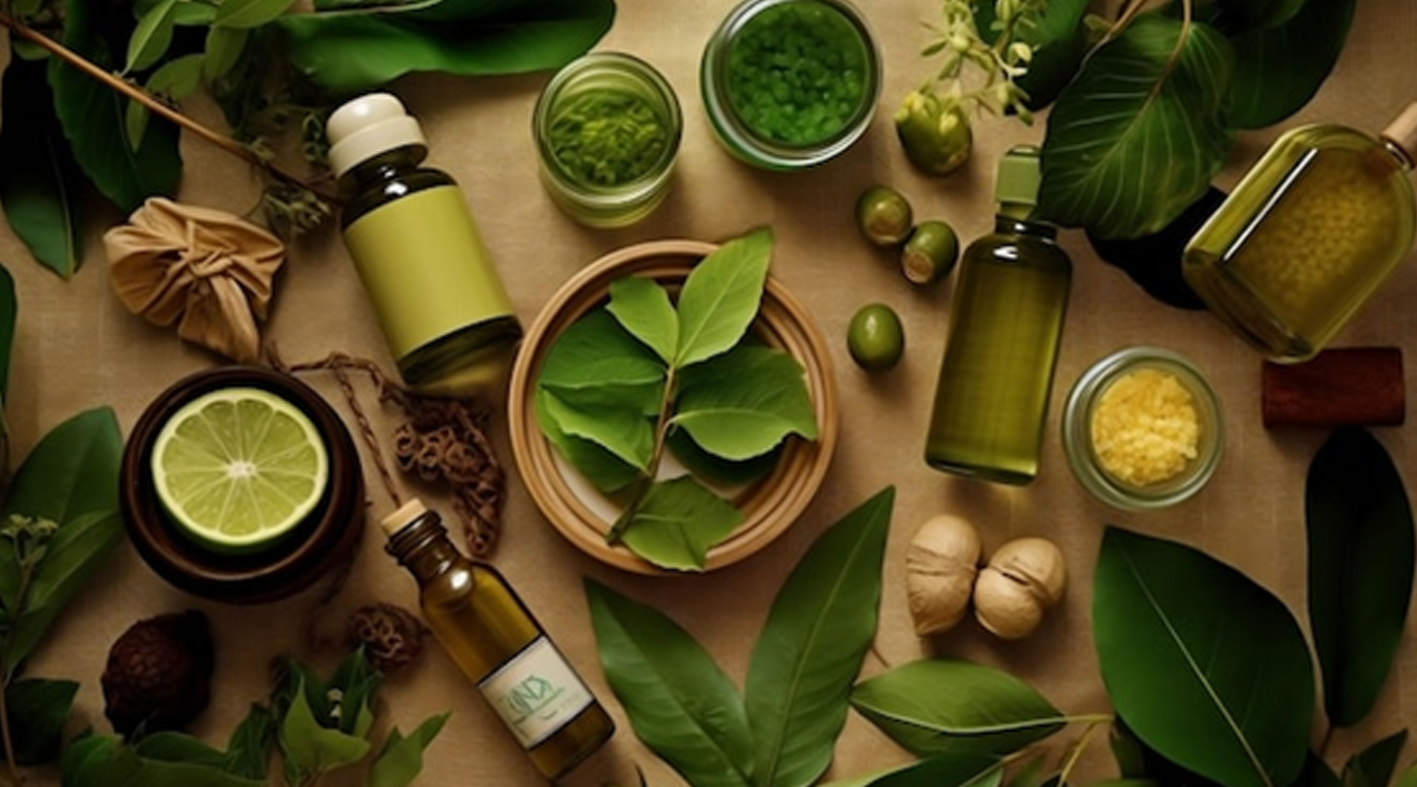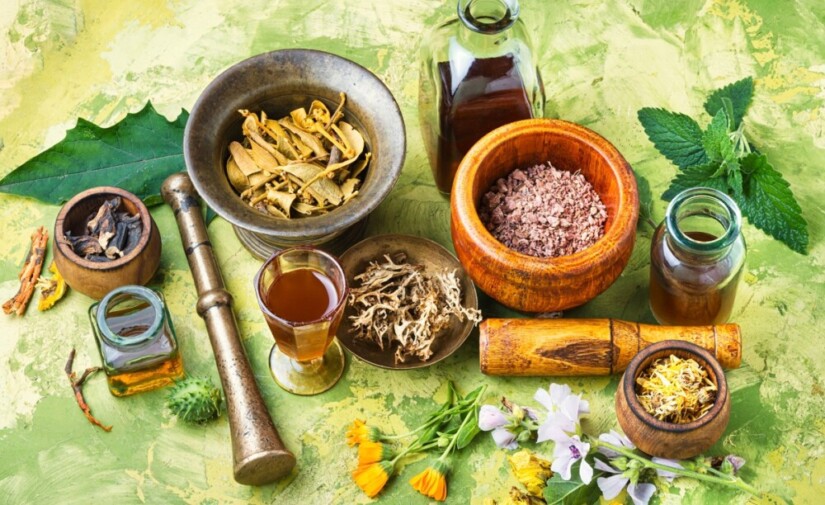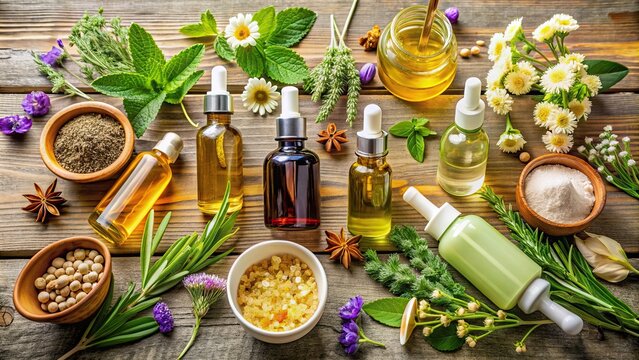


Date: 03 Nov 2025
In an era where consumers are shifting towards cleaner, safer, and more sustainable skincare, herbal beauty products have made an impressive comeback. People are increasingly prioritizing natural ingredients over harsh synthetic chemicals that may harm the skin in the long run.
Herbal beauty formulations, made from roots, leaves, and plant extracts, are not only gentle but also rich in antioxidants, vitamins, and healing compounds that enhance skin health from within.
Whether it’s a soothing aloe vera gel, a refreshing neem cleanser, or a brightening turmeric mask, herbal beauty products continue to redefine skincare with nature’s healing power.
Herbal remedies have stood the test of time because they are rooted in centuries-old traditions that emphasize balance, wellness, and prevention. Unlike modern cosmetics that focus primarily on appearance, herbal formulations treat the underlying causes of skin and hair issues.
Furthermore, consumers are becoming more aware of the side effects of synthetic ingredients such as parabens, sulfates, and artificial fragrances. Herbal remedies, by contrast, rely on botanical extracts that are biocompatible with the skin, offering hydration, repair, and nourishment without irritation.
According to a report by Research and Markets, the global herbal skincare market continues to grow rapidly, reflecting people’s desire for chemical-free alternatives that deliver real, long-term results.

Neem is known for its anti-bacterial and anti-inflammatory properties, making it one of the best herbal ingredients for acne-prone or oily skin. It purifies the pores, prevents breakouts, and regulates oil production while soothing irritation. Regular use of neem-based products can also fade dark spots and enhance skin clarity.
Aloe vera has been used since ancient Egyptian times for its moisturizing, cooling, and healing qualities. It contains enzymes, vitamins A and C, and antioxidants that promote skin renewal and elasticity. Aloe-based creams or gels can calm sunburns, heal small wounds, and deeply hydrate dry or sensitive skin without clogging pores.
Turmeric, often called the “Golden Spice,” is packed with curcumin, a compound with strong anti-inflammatory and antioxidant effects. It brightens dull skin, reduces pigmentation, and promotes a natural, radiant glow. When combined with honey or milk, turmeric works as a potent herbal mask that rejuvenates the skin and fights premature aging.

With the demand for natural beauty solutions rising, several brands have built a reputation for quality, transparency, and ethical sourcing. Below are some of the most trusted herbal skincare products worth exploring:
Generally, herbal beauty products are safer and more skin-friendly compared to synthetic alternatives. However, not every ingredient suits all skin types. For instance, people with sensitive skin may react to strong essential oils or potent herbs like clove or cinnamon.
It’s always advisable to perform a patch test before applying any new product and consult a dermatologist if you have allergies or chronic skin conditions. Additionally, when buying herbal products, always check for certified labels such as dermatologically tested, paraben-free, and organic-certified to ensure authenticity and safety.
When choosing a herbal product, focus on your skin type, ingredients, and brand transparency. Opt for brands that:
Look for certifications from recognized bodies like KEBS, ISO, or Ecocert, which ensure product quality and safety.
Herbal beauty products are not just a passing trend — they represent a return to natural wellness, sustainability, and genuine care for the body. By choosing trustworthy herbal brands, you invest in your skin’s long-term health while supporting environmentally responsible production.
1. What are herbal beauty products?
Herbal beauty products are cosmetics made from plant-based ingredients such as leaves, roots, flowers, and natural extracts. They aim to nourish and protect the skin without synthetic chemicals.
2. Are herbal beauty products suitable for sensitive skin?
Yes, most herbal products are gentle on the skin, but it’s wise to check ingredient labels and do a patch test to avoid allergic reactions.
3. How long does it take for herbal skincare products to show results?
Since herbal products work naturally, visible improvements may take 2–4 weeks of consistent use, depending on your skin type and condition.
4. Can I mix herbal and synthetic beauty products?
While possible, it’s best to use one type consistently to prevent ingredient clashes and ensure optimal results.